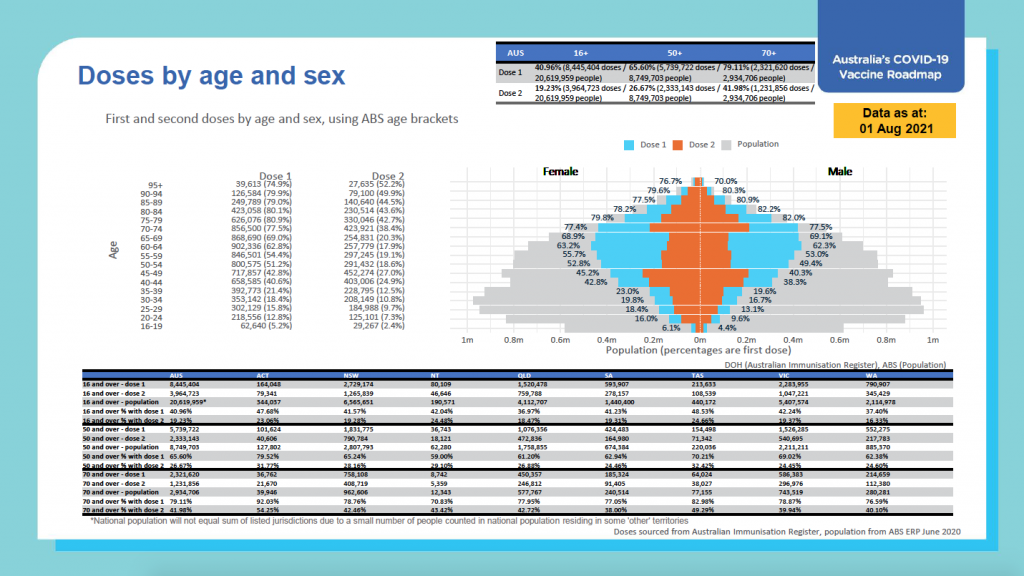COVID Rule Breakers More Likely To Be Self-Centred And Male, Study Suggests
"There was almost twice as many males in non-compliant groups than there were females during the first wave of pandemic."

There’s been a bit of news around men and COVIDin the last couple of days — and one takeaway is, they could play an important role in how long we’re in lockdown.
The first was a study released in Plos One, which explored patterns of compliance when it came to the COVID-19 rules last year. During the first wave, University of Sydney researchers surveyed 1,575 people from Australia, US, UK, and Canada on everything from their behaviours and attitudes, decision-making, resilience, and political factors.
An interesting finding was, people in the not-compliant group were more likely to be outgoing, self-centred, having a “tendency to be to pursue your self-interests over [other] people’s interests”, and male.
“In our study, there was almost twice as many males in non-compliant groups than there were females during the first wave of pandemic,” University of Sydney Associate Professor, Sabina Kleitman, told Junkee.
The non-compliant group accounted for about 10 percent of responders. People in this group were more motivated to fight for their individual freedom, “and scored higher on amorality — indicating greater self-interest and disregard for social obligations,” the report reads.
They checked or trusted the news less, were less likely to verify the accuracy of an information source, and were more likely to cope with COVID “through denial, substance use, and behavioural disengagement.”
The non-compliant group was also more likely to leave the home to either see family or friends, because they were bored, or to exercise their right to freedom. At the same time, the gap between men and women under 40 getting vaccinated is widening. The SMH reports that, despite initial hesitancy and restrictions around vaccines, women in the 30 to 34 age bracket are more than 50 percent more likely to be fully vaccinated.

Source: health.gov.au
Recently on ABC’s RN, Dr Norman Swan commented that, “Men in general are terrible at looking after themselves and looking after their health; and young men in particular — regardless of their social class and education – think they’re invulnerable and tend to be risk takers.”
“So what you need is a marketing campaign to that group, particularly in New South Wales that’s highly targeted, that’s very clever and gets to those groups in all the diversity. It’s not going to be one campaign and it’s going to be a lot of community pressure as well,” said Swan. “To be fair, they don’t have a supply to meet the demand at the moment. If you had the supply, people will be queuing round the corner.”
While you’re here — here are some tips on getting access to the AstraZeneca vaccine.
Photo Credit: Getty Images/Peter Parks


